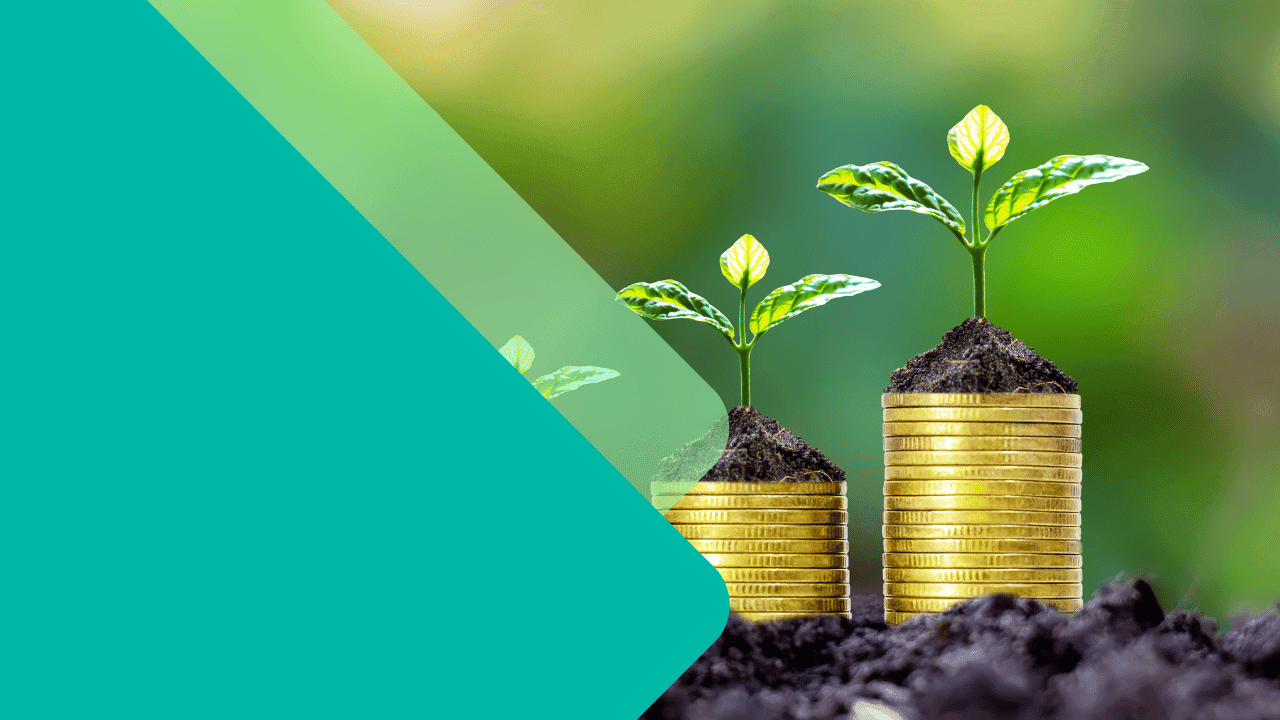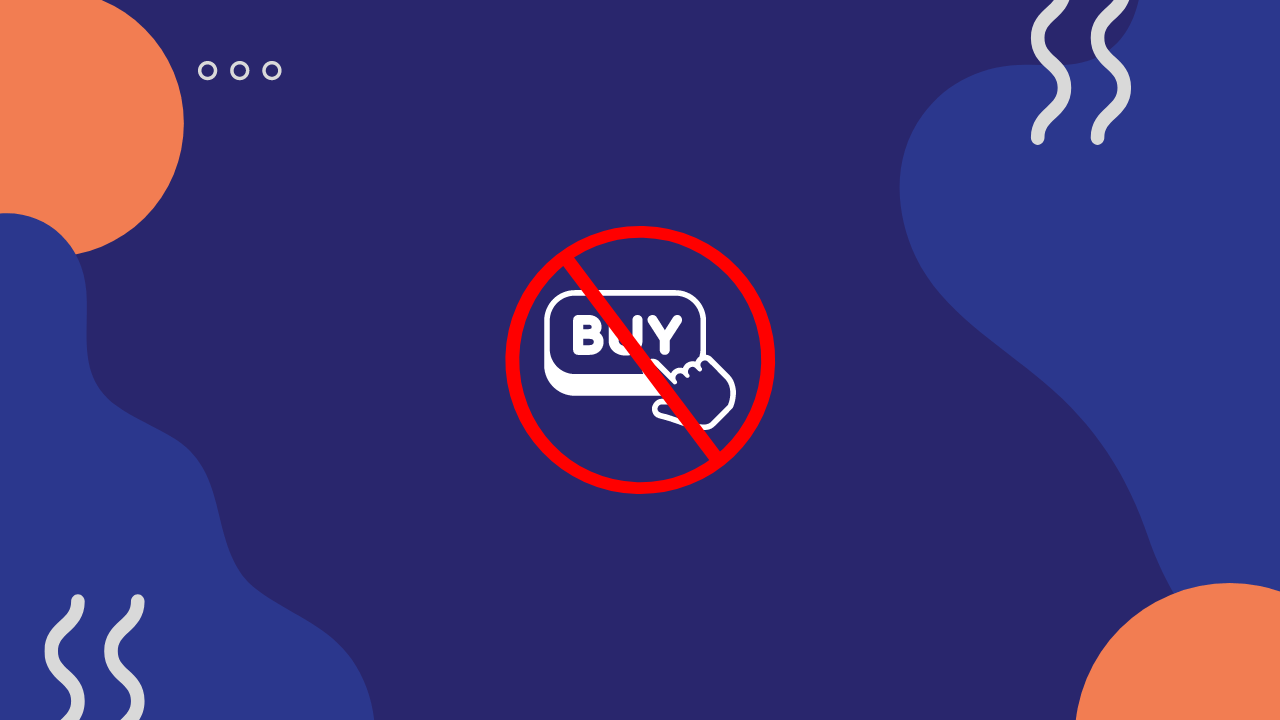Achieving financial independence at a young age is an empowering goal that can set the stage for a secure and fulfilling future. While it may seem daunting, especially at the age of 19, taking proactive steps and adopting smart financial habits can pave the way to financial freedom. This guide outlines practical strategies to kickstart financial independence and build a strong foundation for long-term success.
Setting Financial Goals
Define Your Objectives
1. Short-Term and Long-Term Goals
Establish both short-term and long-term financial goals. Short-term goals could include building an emergency fund or paying off a small debt, while long-term goals may involve saving for higher education, homeownership, or retirement.
2. Prioritize Goals
Prioritize your goals based on urgency and importance. This helps in allocating resources effectively and staying focused on what matters most to you.
Budgeting and Expense Tracking
Create a Realistic Budget
1. Income Assessment
Determine your monthly income, including any part-time work, allowances, or freelance gigs. This forms the basis for creating a realistic budget.
2. Categorize Expenses
Categorize your expenses into fixed (rent, utilities) and variable (entertainment, dining out). This provides clarity on where your money is going.
Expense Tracking Tools
1. Budgeting Apps
Explore budgeting apps that simplify expense tracking and offer insights into spending patterns. These tools can provide a visual representation of your financial habits.
2. Regular Review
Regularly review your budget to ensure it aligns with your financial goals. Adjustments may be necessary as your income and expenses fluctuate.
Emergency Fund Establishment
Importance of an Emergency Fund
1. Financial Security
An emergency fund provides a financial safety net, offering security in unexpected situations such as medical emergencies or sudden job loss.
2. Rule of Thumb
Strive to save at least three to six months’ worth of living expenses in your emergency fund. This ensures you’re prepared for unforeseen circumstances.
Smart Saving and Investing
Start Early
1. The Power of Compounding
Take advantage of compounding by starting to save and invest early. Even small amounts can grow significantly over time.
2. Explore Investment Options
Consider low-risk investment options such as index funds or individual stocks. Diversify your portfolio to minimize risks and maximize potential returns.
Debt Management
Minimize and Eliminate Debt
1. Understanding Debt
Understand the types of debt you have, such as student loans or credit card debt. Develop a plan to minimize and eliminate high-interest debts first.
2. Responsible Credit Card Use
If you have credit cards, use them responsibly. Pay the full balance each month to avoid accumulating high-interest debt.
Continuous Learning and Skill Development
Invest in Yourself
1. Education and Skills
Continuously invest in your education and skill development. Acquiring new skills enhances your earning potential and opens up more opportunities.
2. Networking
Build a professional network by attending events, joining online communities, and connecting with mentors. Networking can lead to valuable opportunities and insights.
Frugality and Smart Spending
Mindful Spending Habits
1. Differentiate Between Needs and Wants
Distinguish between essential needs and discretionary wants. Focus on fulfilling needs first, and allocate remaining resources to wants.
2. Quality Over Quantity
Prioritize quality over quantity when making purchases. Investing in durable, high-quality items can be more cost-effective in the long run.
Establishing Multiple Income Streams
Side Hustles and Passive Income
1. Identify Skills and Interests
Explore side hustles or passive income streams based on your skills and interests. This could include freelancing, starting an online business, or investing in dividend-paying stocks.
2. Building Resilience
Having multiple income streams provides financial resilience and flexibility. It also accelerates progress toward your financial goals.
Retirement Planning
Early Retirement Contributions
1. Take Advantage of Retirement Accounts
If available, contribute to employer-sponsored retirement accounts like a 401(k). Early contributions capitalize on the power of compounding for long-term growth.
2. Individual Retirement Accounts (IRAs)
Explore Individual Retirement Accounts (IRAs) as another avenue for retirement savings. Research and choose the type of IRA that aligns with your financial goals.
Regular Financial Check-ins
Assess Progress and Adjust Strategies
1. Periodic Evaluation
Regularly assess your financial progress against your goals. Adjust your strategies as needed to stay on track and adapt to life changes.
2. Seek Professional Advice
Consider consulting a financial advisor for personalized guidance. A professional can offer insights and strategies tailored to your unique situation.
Conclusion
Embarking on the journey to financial independence at the age of 19 requires a combination of discipline, strategic planning, and continuous learning. By setting clear goals, managing finances wisely, and investing in personal and financial growth, you can lay the groundwork for a financially secure and independent future.
FAQs
- Why is it important to start saving and investing at a young age?
- Starting early allows you to take advantage of compounding, where even small amounts can grow significantly over time, building a solid financial foundation.
- How can I build and maintain an emergency fund?
- Prioritize saving a portion of your income regularly and avoid using the emergency fund for non-emergencies. Regularly reassess the fund’s adequacy based on living expenses.
- What are some smart saving and investing strategies for financial independence?
- Start early, explore low-risk investment options, diversify your portfolio, and take advantage of compounding to maximize potential returns.
- How can I manage and eliminate debt responsibly?
- Understand the types of debt you have, prioritize high-interest debts, and create a repayment plan. Use credit cards responsibly, paying the full balance each month.
- Why is continuous learning and skill development important for financial independence?
- Investing in education and skills enhances your earning potential, opens up more opportunities, and contributes to long-term financial success.





Your articles are very helpful to me. May I request more information?
obrigado pode sim e só falar!!